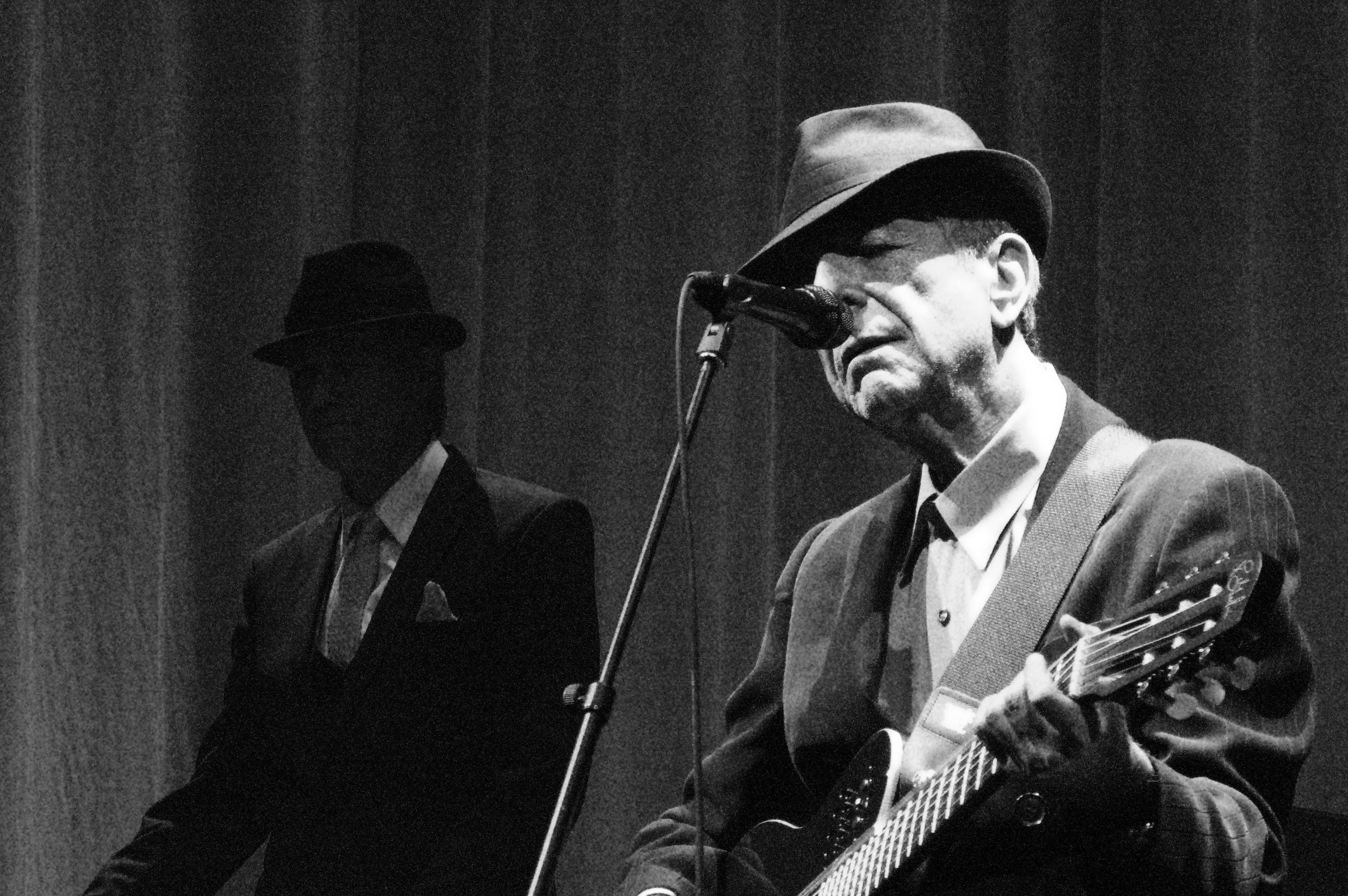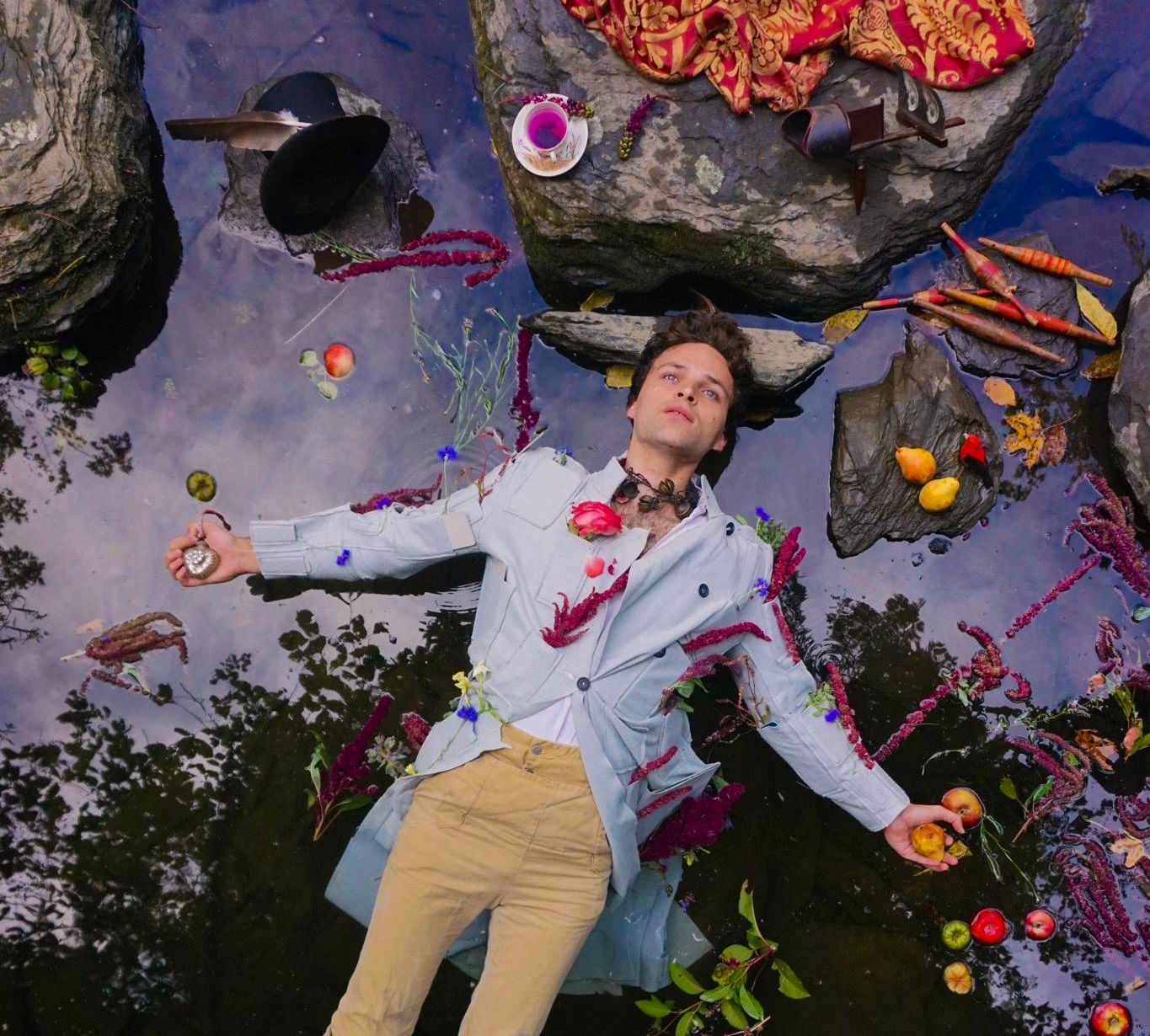In a wide-ranging interview, Icelandic singer/songwriter Axel Flóvent talks about his sophomore album ‘Away From This Dream,’ explains how a vintage synthesizer inspired his songwriting, and tells the stories behind his new songs.
Stream: ‘Away From This Dream’ – Axel Flóvent
“I think music is the greatest way to travel through time,” Axel Flóvent tells Atwood Magazine.
His sophomore album certainly lends itself to this kind of sonic time travel, with emotional lyrics that will speak to listeners no matter where they are in their lives and an irresistible combination of catchy hooks and immersive soundscapes.
Axel Flóvent is a singer/songwriter from Iceland whose music combines memorable melodies and thoughtful lyrics that often focus on his internal life. He’s an extremely versatile songwriter who is just as comfortable writing a summery pop song as a ballad that stops you in your tracks.
After a string of successful EPs and singles, Flóvent released his first full-length album, You Stay by the Sea, in 2021, and he hasn’t slowed down since. So far in 2024, he has played shows and festivals on multiple continents, including headlining shows in Iceland and the Netherlands, a lengthy tour through Germany, and a spot at SXSW in Austin, Texas.
When we spoke, he had just returned from a performance in Nova Scotia, and it was just days before the release of his outstanding new album, Away From This Dream, which is now available everywhere via Nettwerk Music Group. Over the course of our conversation, he touched on his artistic vision for the new record, his songwriting process, the vintage synthesizer that inspired the sound of his new songs, and much more.
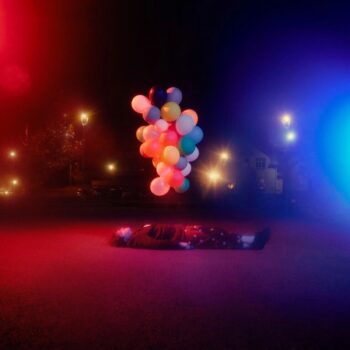
Away From This Dream is the first time in Flóvent’s career that he’s been able to plan out every aspect of a project from conception to release. “I wanted to do justice to the feeling that I had when I was younger, trying to create a record,” Flóvent says of the process of creating the new album. “And now I had all the resources and instruments and everything, and the people around me to make the journey as smooth as possible. So I really planned it out step by step.”
He also talks about how the sound of Away From This Dream relates to his previous work. “Musically and sonically, this is a sound I’ve developed over the years,” Flóvent says of the new album. “With You Stay by the Sea, it’s more of a mix of different sonic textures, which I really love and will probably go back to a little bit after this record.”
But working with British producers MyRiot on previously released songs “City Dreams” and “Driving Hours” gave him a strong sense of what he was looking for on Away From This Dream. “I knew that I wanted my second album to sound like this,” he explains. The clear vision gives the album a cohesive sound that ties the songs together, even as he moves between upbeat synth-pop and introspective ballads.
As he wrote the songs for the album, Flóvent found inspiration in a vintage Roland Juno-60 synthesizer that he acquired from a music dealer in Iceland that buys and restores old synths. “When I was writing the record, I would always jump back on the Juno, and I would start with a pad or some kind of sound to get myself in the mood to write these songs.”
He also discusses how the limited set of sounds on the synthesizer helped focus his creativity. “Having too many instruments and too many options can sometimes be overwhelming. It’s helpful for me to limit myself to a certain instrument, or a certain sound or theme. To find the right theme is easier when you have the right instrument.”
Flóvent even changed his writing process for this project, taking more of a consistent approach instead of waiting for inspiration to strike. He made an initial plan to write 50 songs for the album and then choose the best ten, and he would show up to the studio each day to write in the same way he would for any other job. “It sounds so practical — it sounds like ‘another day at the office.’” But despite him being unsure how this way of writing would work out, the method worked surprisingly well for Flóvent, and by the time he had written somewhere around 30 songs, he was confident he had the right tracks for the album.
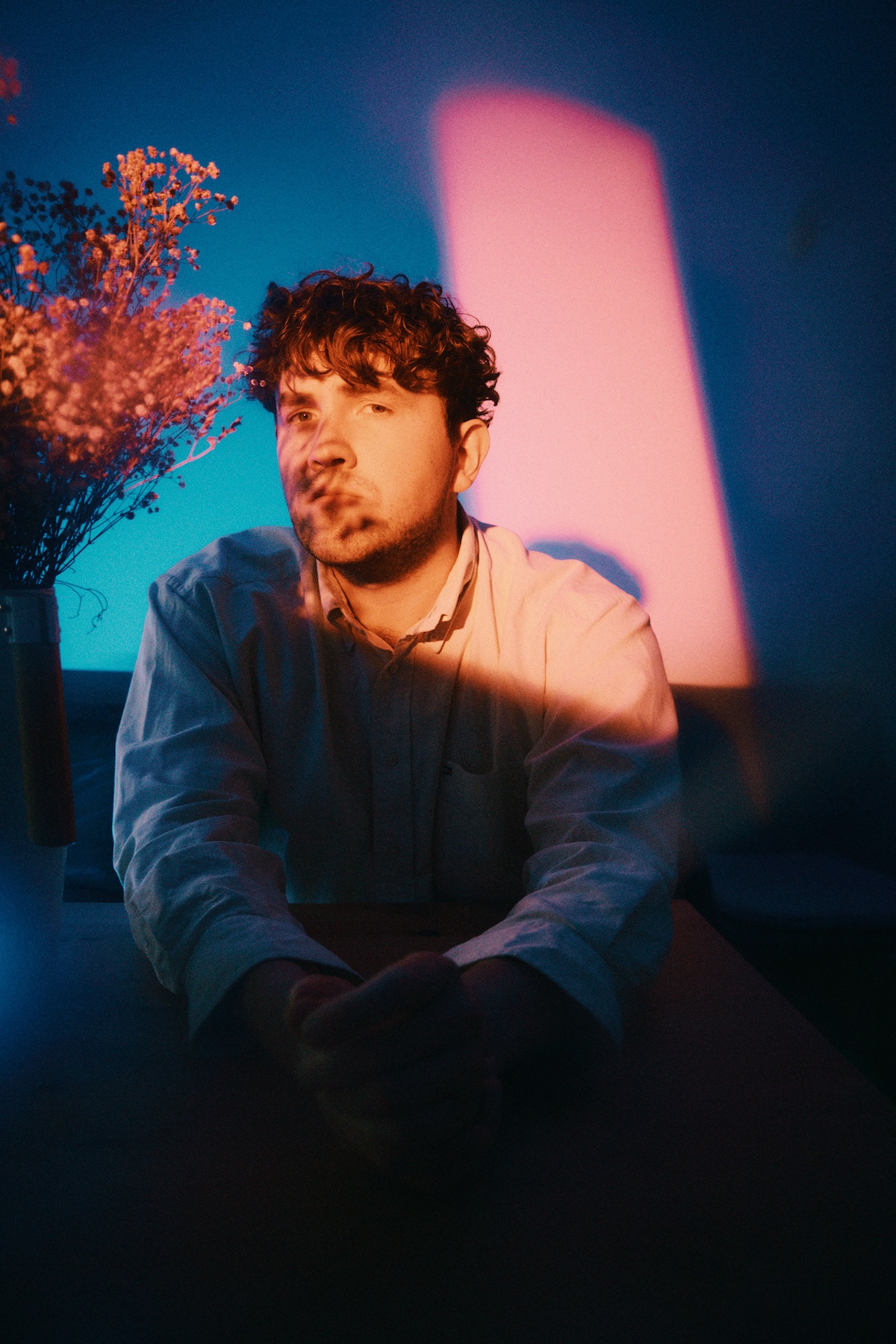
This process of writing lots of songs and then methodically cutting until only the best material was left really pays off.
Away From This Dream is strong from start to finish – it’s a record that doesn’t waste a second of its run time, from the opening synth loop of “Moonlight” to the title track’s closing piano notes. And the meticulous, planned-out approach to crafting the album clearly hasn’t stifled Flóvent’s creative energy. Instead, what results is a beautiful set of songs with lyrical themes that build and recur in slightly transformed ways as the album progresses.
Flóvent describes the different projects he has released as having distinct moods that evoke different settings and times of day. He sees his first two EPs, Forest Fires and Quiet Eyes, as morning and evening music, respectively, and he’s continued that way of thinking on his full-length albums. Now, on Away From This Dream, he explores the late-night hours. “This is the night album. You Stay by the Sea is the whole day, and Away From This Dream is the whole night.”
He also wanted to make sure the visual aspects of the album were given just as much attention as the musical elements. “Before we went into the recording process of this record,” Flóvent says, “I thought it would be so amazing to get one artistic director for the whole album.”
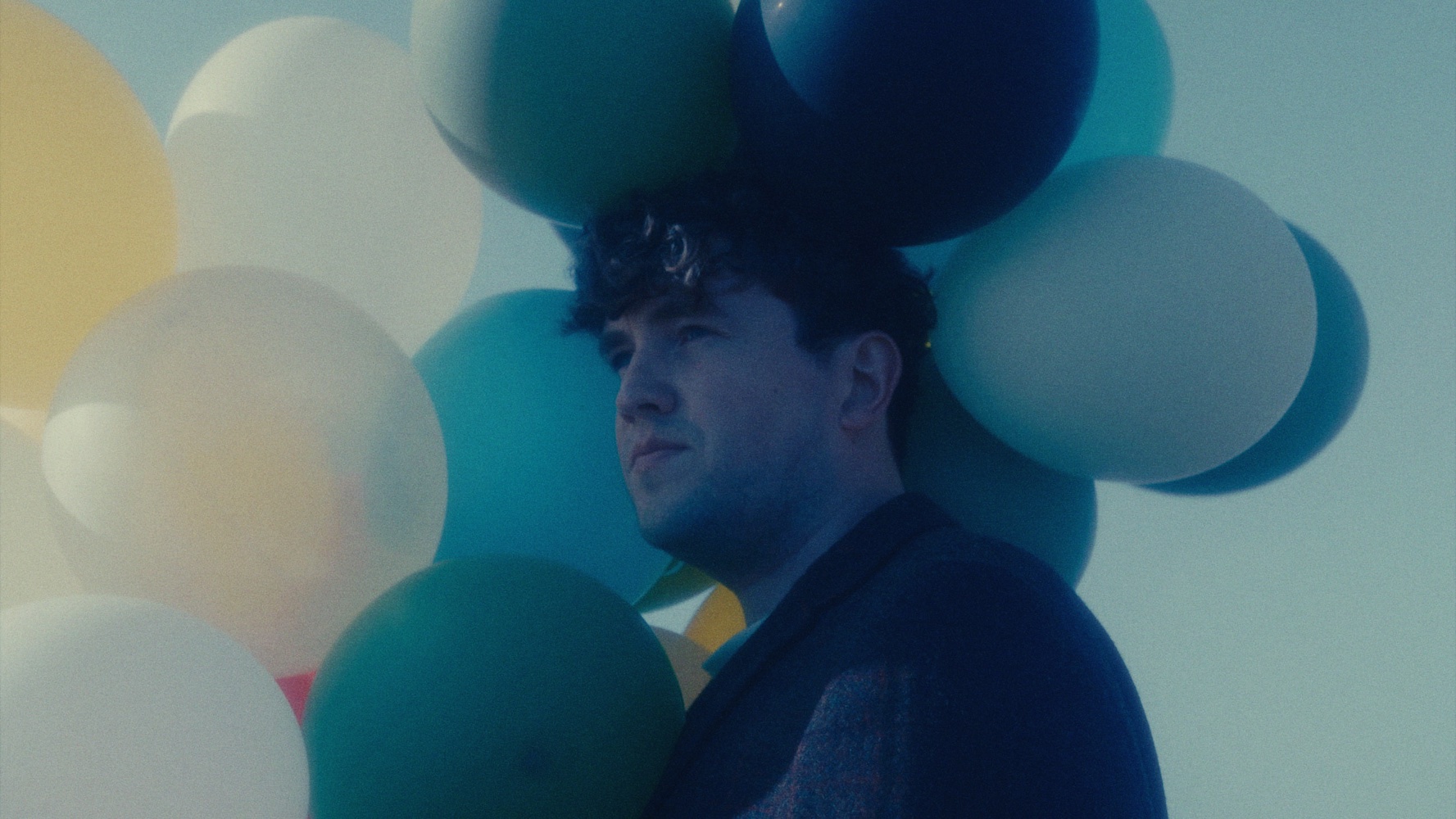
To bring this idea to fruition, he worked closely with filmmaker and photographer Magnus Andersen, who directed the music videos and took the photographs for the album cover and single covers. This gives the visuals a unified color palette and feel, built around the dark blues of the night sky and the warm, reddish tones of streetlights — colors that perfectly complement the mood of the music. On the album cover, Flóvent is laying down in the middle of a parking lot at night, with multicolored balloons mysteriously hovering above him, masterfully bringing to life the album’s title and its themes of interior feelings and dreams.
Now that Away From This Dream is out in the world, Flóvent will continue to play his music live for his fans across the globe. He has shows planned in Germany, the UK, and the Netherlands in the coming months. He will also be performing the entirety of Away From This Dream on a livestream filmed from his home studio on June 20th.
But even as he continues his busy touring schedule, Flóvent is already thinking about what comes next in the studio. Fans will be happy to hear that he’s excited to get back to creating new music. “I’m ready to go write again. Probably most of this year will go into writing the next project, and I’m really looking forward to that.”
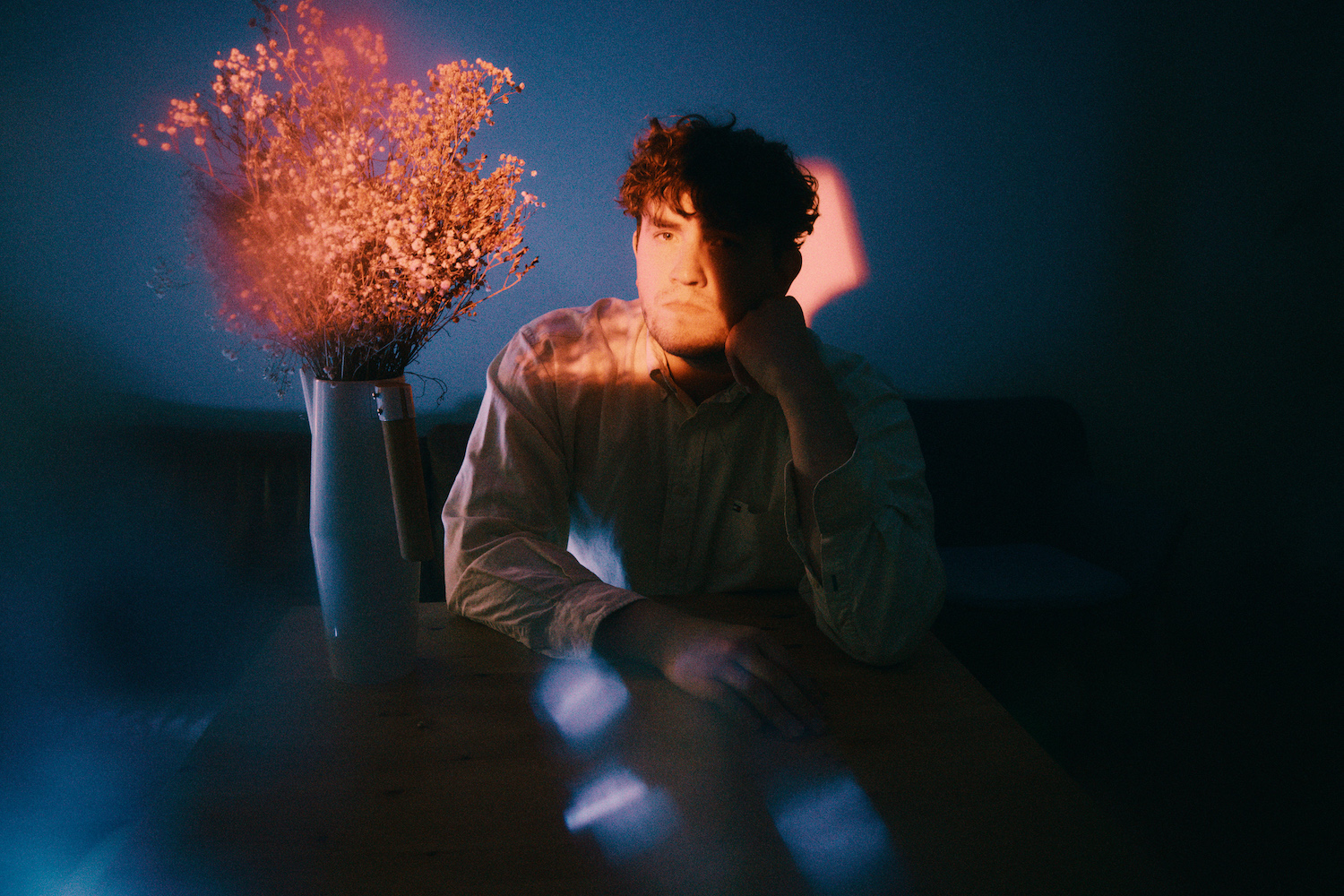
More than anything, Flóvent hopes that his new album, and all of his music, will be a companion for his fans and grow along with them.
“If I listen to a record that I was obsessed with in 2010, I get the same feeling that I got back then, when I was 15 or 16. I want my music to have that influence on people and for people to have that relationship with my albums.”
As you listen to Away From This Dream, the new album from Axel Flóvent, let Flóvent himself guide you through the songs in his own words. Check out his track-by-track explanation of the album below for the stories behind the songs:
— —
:: stream/purchase Away From This Dream here ::
:: connect with Axel Flóvent here ::
Stream: ‘Away From This Dream’ – Axel Flóvent
:: Inside Away From This Dream ::

— —
Moonlight
I’m a big fan of intro songs, and sometimes I have an idea, and I think, “yeah, that’s an opening idea.” Almost from the get-go, I knew I wanted this to be the opening track of the album. I wrote the song in two parts. The first part is centered around a loop on the Juno synthesizer, and it’s very atmospheric, and then in the second part, the song really opens up. I still get the same warm feeling from the end of this song, and it’s one of my favorite songs on the record. It really starts you on the journey you’re about to go on listening to the record.
Lyrically, the song is about familiar love—loving something because it makes you comfortable or reminds you of home. And in the song, I’m contemplating whether that’s a good thing or not. It culminates in the line at the end, “But I want you here with me now.” It’s a realization that no matter what this is or what it means, it’s something that I want right now, and that’s the only thing that matters.
Don’t Wait For Summer
Throughout the process of writing this album, I was constantly reminding myself to write about positive things and positive affirmations that would be really nice to sing live and remind myself of. “Don’t Wait For Summer” is a song that’s built around the idea of seizing the day. In Iceland, it can be snowing in June, and people are furious because it’s June, and it’s not supposed to snow now. But the idea behind the song is that if you wait for the summer, well it might only be one day of sunshine, and then you’re not going to be able to enjoy it.
Have This Dance
In a way, “Have This Dance” is the simplest song on the record. It’s another song that uses a lot of the Juno synthesizer. I’m trying not to be too complicated with my lyrics on this album. I love finding the right balance where it’s clear what I mean, but it still isn’t too literal. I like to take cliches or common phrases and then change them a little bit, so that it doesn’t sound like the same thing you’ve heard in a song a million times before. So, this song is about the feeling of not needing to search anymore because you’ve found that person—you’ve found somebody that you want to dance with.
Wash It Away
This is one of the big ballads on the record, and it’s the only song on the record that I was doubting at one point. But what gave me the confidence to put it on the album was when I started recording it with MyRiot. When I wrote it, it was just the main vocals, the backing vocals, and a piano. But then Tim and Roy (of MyRiot) came in and added all the additional elements, and then it made sense to me. That’s the beautiful thing about working with producers that understand your music.
“Wash It Away” is a song about overthinking and doubt. It’s about how the more I think about something, the blurrier it gets.
Chasing the Night
This is one of the most fun songs on the record. It’s a song that brings together a lot of the ideas that are hinted at throughout the album. It’s the most fun to play live as well because of the energy it has. It’s a song about those moments where you’re doing something that you know is doing more harm than good, but you keep going because the stubbornness inside you is so big that you can’t take a step back and take a break. It’s that feeling that happens right before you burn out, and I really wanted to write about this feeling of not knowing when to stop.
This Feeling
It felt really fun to make this song, too. From a production standpoint, I wanted to write something that had a bit more of a groove to it, and to me, this song has a bit of the jazzy, fusion feel of Prince. That was something that I’d never done before as an artist. I tend to go back to this theme of overthinking in several of the songs on the album, and here that shows up in the lyrics about indecisiveness. It’s about being in your own head and thinking, “I love this person so much, but why am I doubting everything?”
When the Sun Goes Down
Sometimes I get too focused on success and what success means to me. I tend to put myself down and press myself to do better, or I compare myself to other people. “When the Sun Goes Down” is a song that I can sing and be reminded that at the end of the day, I am a musician, and I’m doing this thing that I’ve always dreamt of doing—and that my 14-year-old self would be really proud of me. So, this is a song that reminds me to not judge everything so much, and I hope it can do the same for other people, too.
Asymmetry
“Asymmetry” is the most vulnerable song on the album. It’s mostly just piano and vocals and a soundscape. I usually want to cover everything with backing vocals to make the sound bigger and wider, but for this song, I really just wanted it to be one vocal. It’s about my complicated relationship with wanting to fix things and understanding when something needs to be fixed. I’m asking myself, when you see the things that you think are imperfections, do they need to be fixed, or do they need to be loved? Do you want everything to be different, or do you want to learn how to adapt and actually love the things that you don’t know how to love from the start?
Honesty
I tend to be a people pleaser, and there are moments where I’ve caught myself lying to someone because I’m trying to protect someone that I love from the truth. And it can be easier to do that than to tell somebody the truth if I have an assumption that the truth is going to be hurtful. It’s a very common thing in relationships. So “Honesty” is a song that picks this apart. In the chorus, I’m asking, is it easier for you to be alone because you know that if you’re in a relationship you’re going to end up lying to yourself and to the other person? The world is a complicated place, and this song is about finding your own honesty in your heart.
Away From This Dream
This is another anthem for the codependent and the people pleasers. It’s exploring the idea of feeling bad about myself because sometimes I feel like the only time I’m being nice to someone is when I’m being a people pleaser. And on this one, I really wanted to write a song that had a nostalgic feeling. I wasn’t necessarily trying to write the closing track, but I think it ended up being a perfect closing track that puts all these ideas from the record together.
— —
:: stream/purchase Away From This Dream here ::
:: connect with Axel Flóvent here ::
— — — —

Connect to Axel Flóvent on
Facebook, Twitter, TikTok, Instagram
Discover new music on Atwood Magazine
© Magnus Andersen
:: Stream Axel Flóvent ::

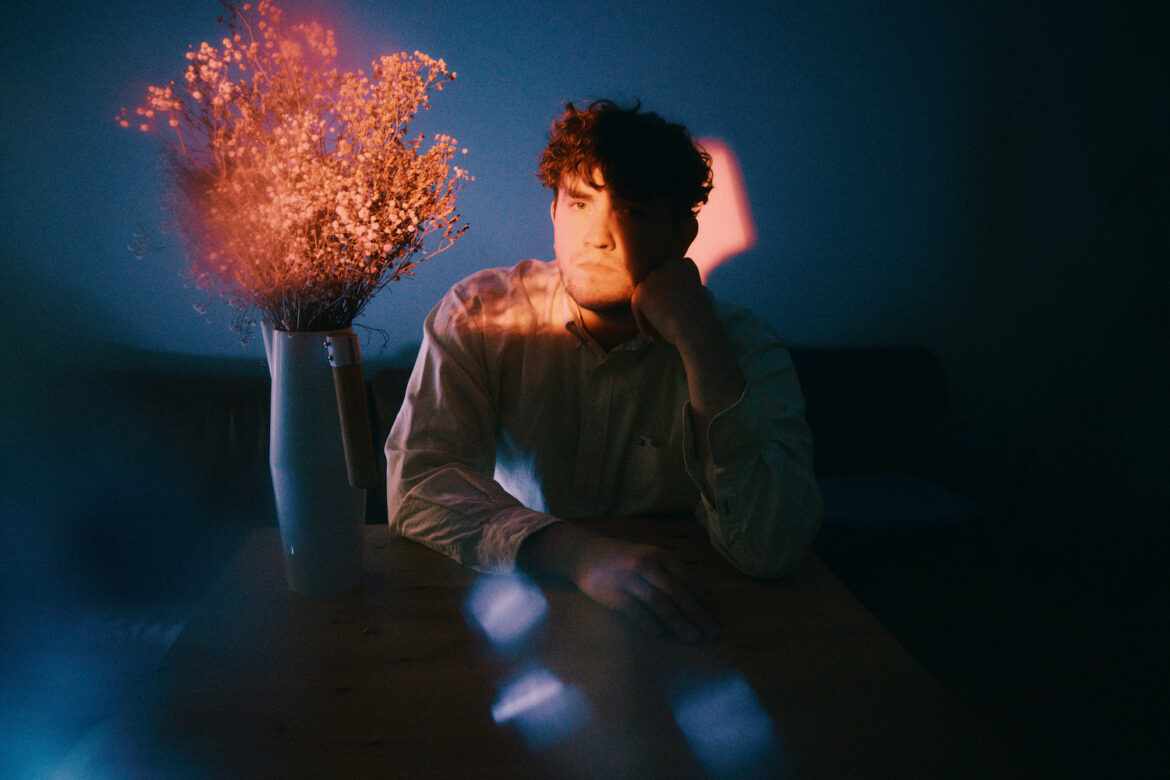
 © Magnus Andersen
© Magnus Andersen

